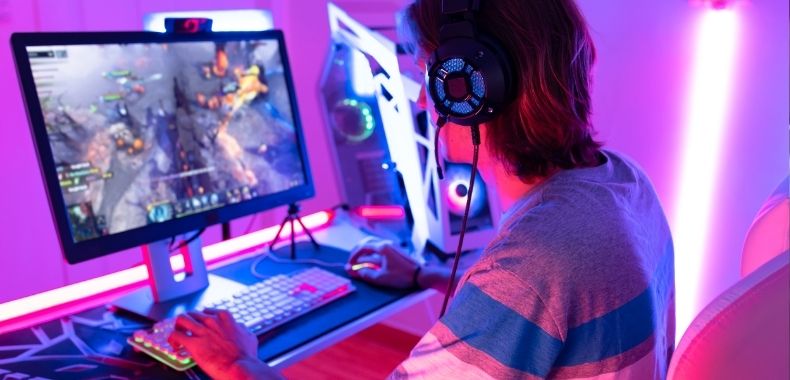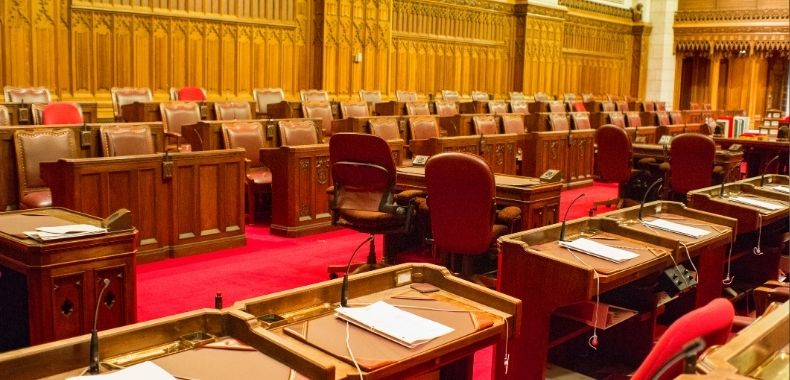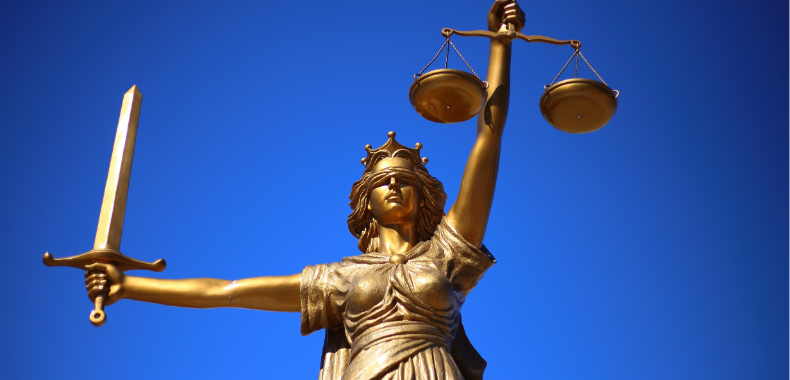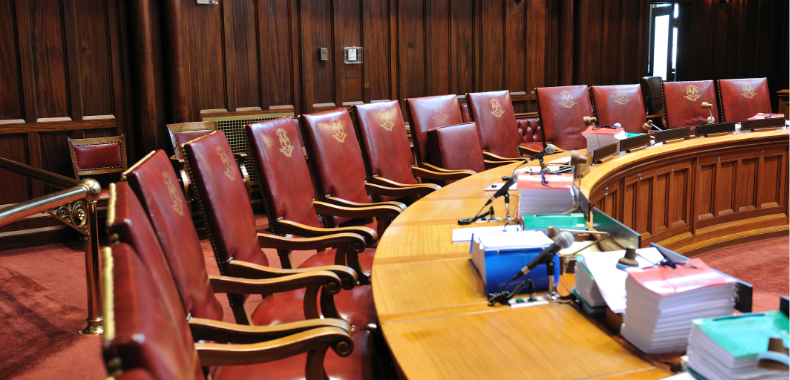The streaming industry is more popular than ever, and nowadays, it is difficult not to subscribe to at least one streaming service among the numerous options available in the market. Various platforms offer different subscription plans, each with a diverse portfolio of movies and series tailored to individual preferences.
From major international players such as Netflix and Disney Plus to regional services like Globoplay—the most well-known broadcaster in Brazil—streaming has gained widespread popularity among Brazilian audiences. It is increasingly common for families to subscribe to multiple platforms to diverse entertainment needs.
The Brazilian government and Congress are currently working on regulations for streaming services to strengthen national audiovisual productions and ensure the inclusion of local content on digital platforms. Additionally, there is an interest in requiring international streaming services to contribute to the National Treasury through the Contribution for the Development of the National Cinematographic Industry (CONDECINE).
Another initiative under discussion is the mandatory inclusion of a minimum quota of national productions on streaming platforms. This policy aims to foster the growth of Brazil’s audiovisual industry by promoting cultural diversity and ensuring that users have access to a broad range of content reflecting different realities and perspectives.

Some streaming platforms, such as Netflix, have already invested in local productions to expand their presence in Brazil. These investments include the launch of series, documentaries, films, and reality shows featuring Brazilian celebrities like Vinícius Jr. and Anitta. Promoting local content not only enhances a platform’s appeal to Brazilian audiences but also intensifies competition among streaming services.
The increased production of local content benefits the audiovisual sector, small production companies, and intellectual property development in Brazil, including trademarks, slogans, and copyrights. However, regulating streaming services and local content production presents challenges. Poorly designed regulations could hinder market growth, increase operational costs, and discourage investment in Brazil. It is not uncommon for companies to withdraw from local markets due to high taxation and regulatory burdens.
To be effective, regulation must strike a balance between fostering industry growth and ensuring compliance without overburdening streaming companies. A well-structured framework should promote job creation, tax contributions, and the strengthening of the national audiovisual industry while maintaining an environment conducive to business development.
This is a complex challenge, but the streaming industry has proven to be a significant player in the entertainment sector, driving substantial economic activity both in Brazil and globally. It is crucial to closely monitor key legislative projects and discussions within Congress and the government to understand the future of streaming regulations in the country.
—
Author: Daniel Eustáquio Ramos Marinho and Cesar Peduti Filho, Peduti Advogados.
Source:
Governo quer streaming público e regulação de plataformas em 2025 –
https://www.infomoney.com.br/politica/governo-quer-streaming-publico-e-regulacao-de-plataformas-em-2025/
—
If you want to learn more about this topic, contact the author or the managing partner, Dr. Cesar Peduti Filho or Daniel Eustáquio Ramos Marinho.
Se quiser saber mais sobre este tema, contate o autor ou o Dr. Cesar Peduti Filho ou Daniel Eustáquio Ramos Marinho.










